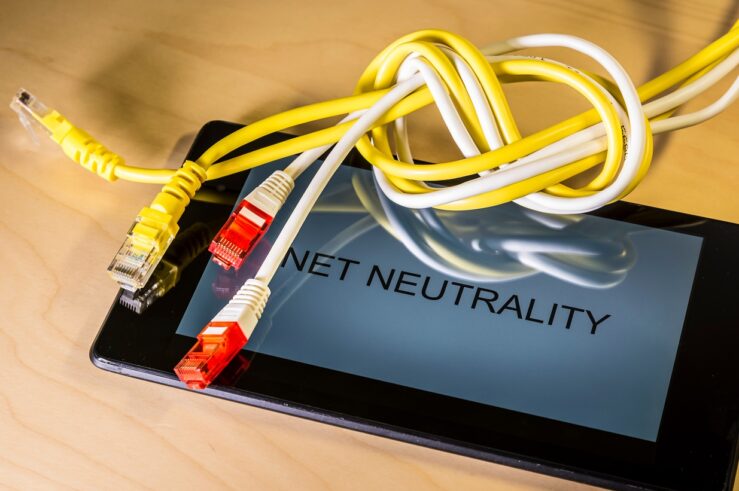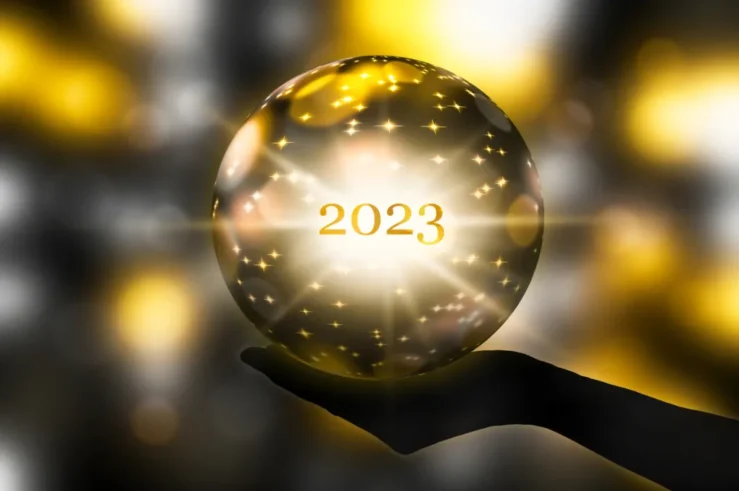Showing archive for: “Monopolization”
Gatekeeping, the DMA, and the Future of Competition Regulation
The European Commission late last month published the full list of its “gatekeeper” designations under the Digital Markets Act (DMA). Alphabet, Amazon, Apple, ByteDance, Meta, and Microsoft—the six designated gatekeepers—now have six months to comply with the DMA’s list of obligations and restrictions with respect to their core platform services (CPS), or they stand to ... Gatekeeping, the DMA, and the Future of Competition Regulation
Latin America Should Follow Its Own Path on Digital-Markets Competition
In order to promote competition in digital markets,[1] Latin American countries should not copy and paste “solutions” from other jurisdictions, but rather design their own set of policies. In short, Latin American countries—like my own, Peru—should not “put the cart before the horse” and regulate markets that are not yet mature. Digital or “tech” markets ... Latin America Should Follow Its Own Path on Digital-Markets Competition
Market Power as a Limiting Principle in Merger Enforcement
One of the most important changes in the Federal Trade Commission (FTC) and U.S. Justice Department’s (DOJ) draft merger guidelines is the abandonment of market power as the central element of merger enforcement. The “unifying theme” of the 2010 horizontal merger guidelines was that “mergers should not be permitted to create, enhance, or entrench market ... Market Power as a Limiting Principle in Merger Enforcement
Net Neutrality II: Electric Boogaloo—Rate Regulation Hiding in Plain Sight
Federal Communications Commission (FCC) Chair Jessica Rosenworcel on Tuesday announced the agency’s proposal to regulate internet services under Title II of the Communications Act. Commonly referred to as “net neutrality,” the chair plans to release proposed rules today, with a vote scheduled for Oct. 19 to begin the rulemaking process. Rosenworcel’s speech identified several areas ... Net Neutrality II: Electric Boogaloo—Rate Regulation Hiding in Plain Sight
Antitrust at the Agencies Roundup: Take My Default … Please! Edition
I can hardly believe it, but I’ve read that a famous old bit by Henny Youngman has been purged from Florida textbooks, apparently because it was deemed offensive to those who wrote, told, and laughed at the joke. I won’t tell it here, but you can look it up. And if you’re a reader of ... Antitrust at the Agencies Roundup: Take My Default … Please! Edition
The FTC Tacks Into the Gale, Battening No Hatches: Part 2
Part 1 of this piece can be found here. Emergence of the ‘Neo-Brandeisians’ Thus, matters unfolded until the curtain began to descend on the second Obama term in 2016. In the midst of presidential primary season, a targeted political challenge to the prevailing economic approach to antitrust first came to light. No one has yet ... The FTC Tacks Into the Gale, Battening No Hatches: Part 2
The FTC Tacks Into the Gale, Battening No Hatches: Part 1
The Evolution of FTC Antitrust Enforcement – Highlights of Its Origins and Major Trends 1910-1914 – Creation and Launch The election of 1912, which led to the creation of the Federal Trade Commission (FTC), occurred at the apex of the Progressive Era. Since antebellum times, Grover Cleveland had been the only Democrat elected as president. ... The FTC Tacks Into the Gale, Battening No Hatches: Part 1
Are Markups Really SO Bad?
Concentration is a terrible measure of [insert basically anything people actually care about]. Have I said that before? Concentration tells us nothing about market power, efficiency, or whether policy changes can do anything to increase welfare. Economists know that, especially industrial organization (IO) economists. If we want to measure market power for a seller, a better measure is ... Are Markups Really SO Bad?
What Is a Barrier to Entry?
Why do monopolies exist? Many textbooks point to barriers to entry as a cause of monopolies. Tyler Cowen and Alex Tabarrok’s textbook says: “In addition to patents, government regulation and economies of scale, monopolies may be created whenever there is a significant barrier to entry, something that raises the cost to new firms of entering the industry.” ... What Is a Barrier to Entry?
Dynamic Competition Proves There Is No Captive Audience: 10 Years, 10G, and YouTube TV
In Susan Crawford’s 2013 book “Captive Audience: The Telecom Industry and Monopoly Power in the New Gilded Age,” the Harvard Law School professor argued that the U.S. telecommunications industry had become dominated by a few powerful companies, leading to limited competition and negative consequences for consumers, especially for broadband internet. Crawford’s ire was focused particularly ... Dynamic Competition Proves There Is No Captive Audience: 10 Years, 10G, and YouTube TV
No More Kings? Due Process and Regulation Without Representation Under the UK Competition Bill
What should a competition law for 21st century look like? This point is debated across many jurisdictions. The Digital Markets, Competition, and Consumers Bill (DMCC) would change UK competition law’s approach to large platforms. The bill’s core point is to place the UK Competition and Markets Authority’s (CMA) Digital Markets Unit (DMU) on a statutory footing with ... No More Kings? Due Process and Regulation Without Representation Under the UK Competition Bill
Untangling the 9th Circuit’s Ruling in Epic Games v Apple
The 9th U.S. Circuit Court of Appeals ruled late last month on Epic Games’ appeal of the decision rendered in 2021 by the U.S. District Court for the Northern District of California in Epic Games v Apple, affirming in part and reversing in part the district court’s judgment. In the original case, Epic had challenged as a violation ... Untangling the 9th Circuit’s Ruling in Epic Games v Apple














